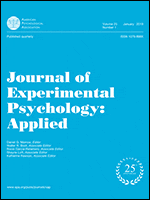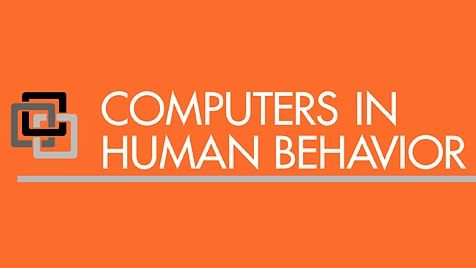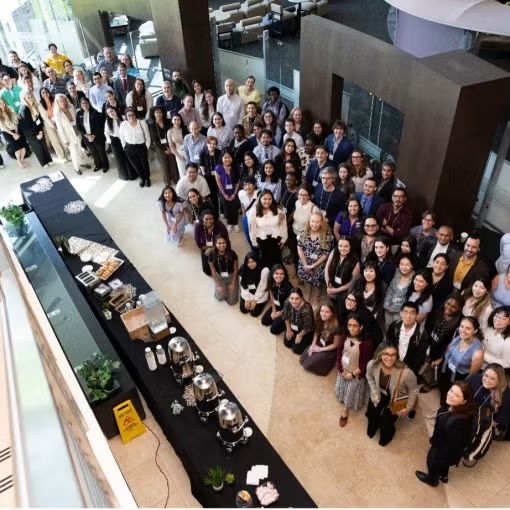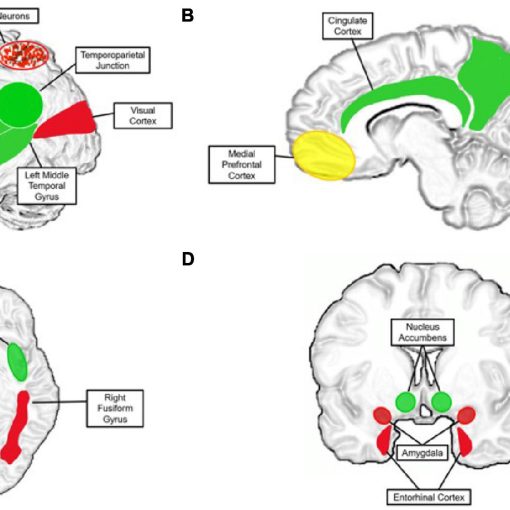
In their new publication in the Journal of Experimental Psychology: Applied, “Aging in an “infodemic”: The role of analytical reasoning, affect, and news consumption frequency on news veracity detection” by Pehlivanoglu, Lighthall, Lin, Chi, Perez, Polk, Cahill, & Ebner find that age-related vulnerabilities to deceptive news may only become apparent in very old age. Results further indicate that, among older adults, chronological age effects dependent on analytical reasoning, affect, and news consumption frequency. These results provide early evidence supporting our Changes in Integration for Social Decisions in Aging (CISDA) model (Frazier, Lighthall, Horta, Perez, & Ebner, 2019) and will be further investigated in our new FDOH Moore Consortium Grant.



